We found 395 Parkinsons Disease Doctors near you in India. You can easily connect with a top Parkinsons Disease Doctor in India, who can provide advanced treatment and caring support for your concerns.
Parkinsons Disease Doctors near me
395 Parkinsons Disease Doctors in India

Manipal Hospital, Dwarka, Delhi NCR
Rs. 1,100 Consult Fees
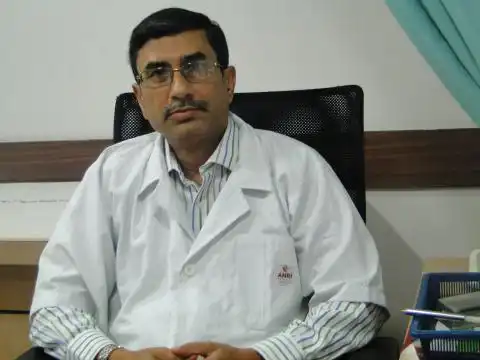
Manipal Hospitals, Dhakuria, Kolkata
Rs. 2,000 Consult Fees

Manipal Hospitals, Mukundapur, Kolkata
Rs. 1,200 Consult Fees
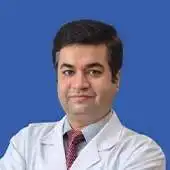
Pushpawati Singhania Hospital and Research Institute, Delhi, Delhi NCR
Rs. 1,400 Consult Fees

Manipal Hospital, Gurgaon
Rs. 1,500 Consult Fees

Felix Hospital, Noida
Rs. 800 Consult Fees

Manipal Hospitals, Broadway, Kolkata
Rs. 1,200 Consult Fees

Manipal Hospital, HAL Airport Road, Bangalore
Rs. 1,000 Consult Fees

Manipal Hospital, Whitefield, Bangalore
Rs. 700 Consult Fees

HCG Hospital, Off Double Road, Bangalore

Cytecare Cancer Hospital, Bangalore
Rs. 1,000 Consult Fees

HCG Hospital, Kalinga Rao Road, Bangalore
Rs. 950 Consult Fees
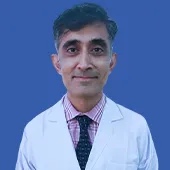
Pushpawati Singhania Hospital and Research Institute, Delhi, Delhi NCR
Rs. 2,500 Consult Fees
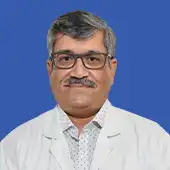
Artemis Hospital, Gurgaon
Rs. 1,600 Consult Fees

CARE Hospital, Nampally, Hyderabad
Rs. 750 Consult Fees

Guru Nanak CARE Hospital, Musheerabad, Hyderabad
Rs. 400 Consult Fees

CARE Hospital, malakpet, Hyderabad
Rs. 399 Consult Fees
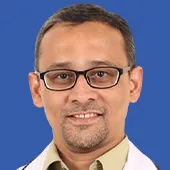
CARE Outpatient Centre, Banjara Hills, Hyderabad
Rs. 1,000 Consult Fees

Desun Hospital and Heart Institute, Kolkata
Rs. 1,000 Consult Fees

MIOT International Hospital, Chennai
Rs. 900 Consult Fees
